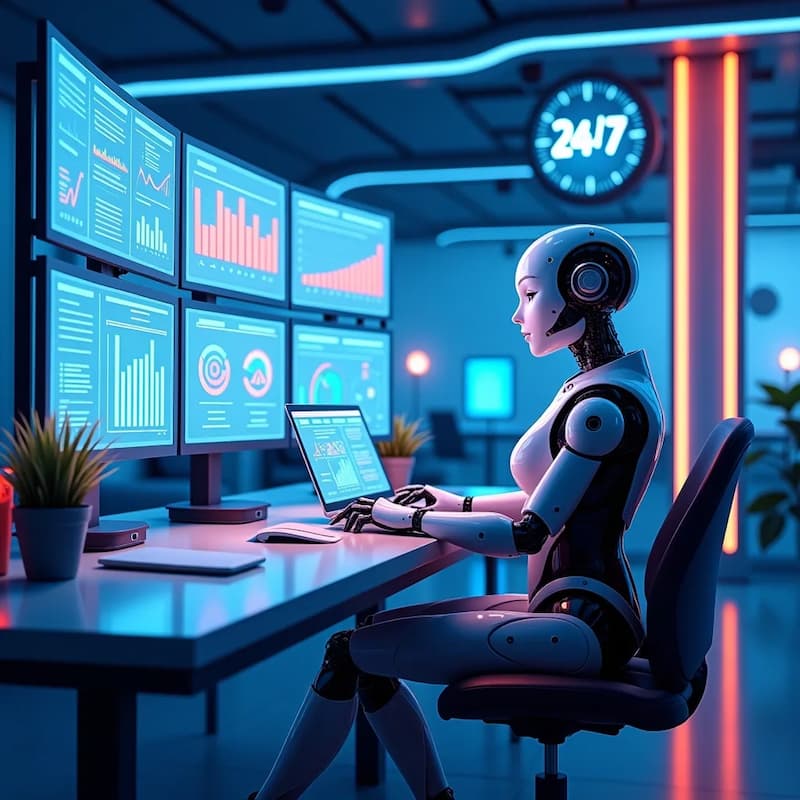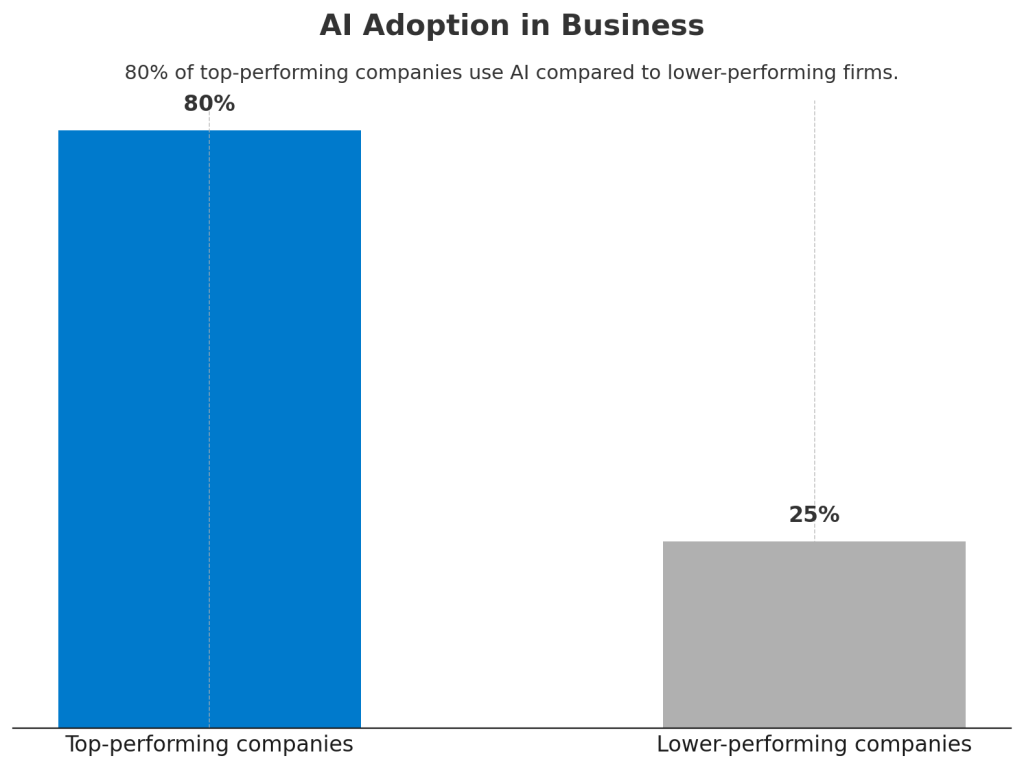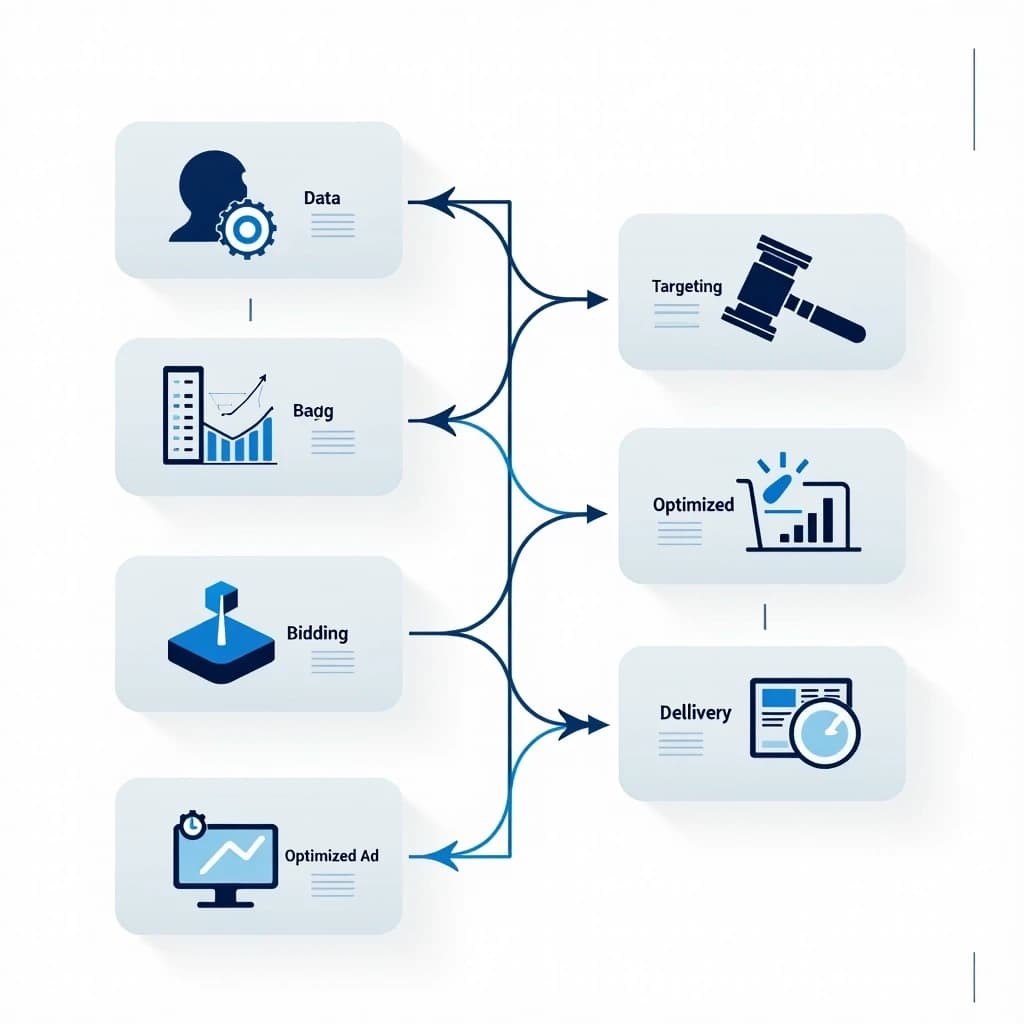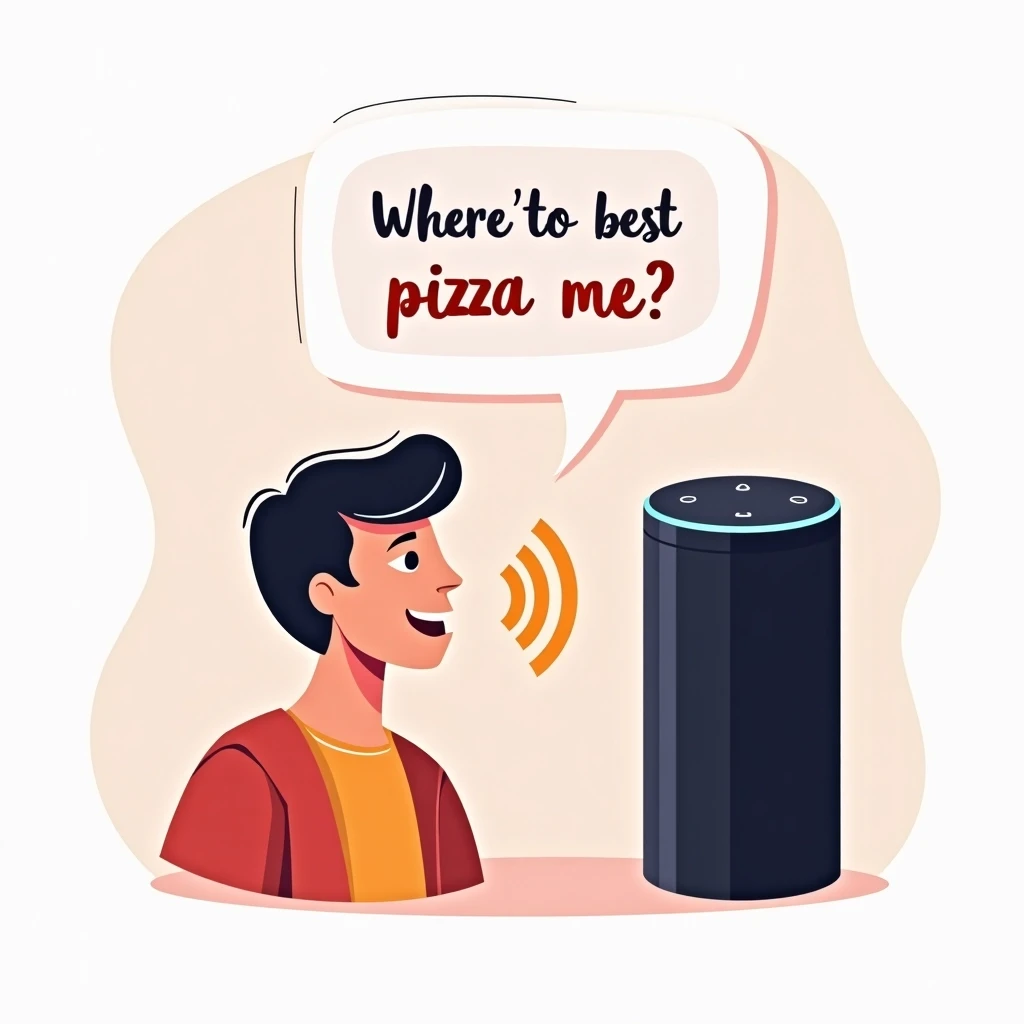Introduction
The question is simple: why does the rise of AI in digital marketing matter right now? The answer is tied to speed, personalization, and competition. Customers want quick and relevant experiences. Traditional methods just can’t keep up. AI isn’t the future anymore. It’s the present. The rise of AI in digital marketing is not just a trend; it’s a shift that every business, big or small, needs to understand. Why? Because it changes how fast you reach your audience, how well you know them, and ultimately, how much you can grow. We will explore what AI really means for your business, the opportunities it opens up, and the challenges you’ll want to navigate carefully. Learn more in this introduction to AI in digital marketing overview.

Imagine having a marketing helper who works all day and night. This helper learns what your customers like, writes messages just for them, and changes ads while you focus on your business. That’s what AI in digital marketing is doing for small business owners, digital marketers, and startups right now.
How AI is Changing Digital Marketing
“AI gives marketers superpowers to predict customer needs,” says Dan Shaffer, a digital strategist. And he’s right. AI is quietly running behind the scenes of nearly every campaign, helping marketers do more with less effort.
Here’s how:
- Personalization: AI tailors messages so customers feel understood.
- Automation: From emails to social posts, repetitive work is streamlined.
- Chatbots: Always-on support keeps leads engaged, day or night.
- Predictive analytics: Data patterns help forecast what customers want next.
The impact is huge. The global AI marketing industry is worth over $47 billion, and 88% of marketers now use AI daily. For businesses, this means faster results, smarter targeting, and campaigns that actually perform.
The AI Advantage
“Marketers today can’t afford to guess; AI makes sure we don’t,” says one strategist I spoke with. It’s true. About 80% of top-performing companies already use AI in their marketing (McKinsey). AI handles big tasks humans can’t manage alone: personalization, automation, predictions, and campaign optimization. The takeaway is clear. Businesses that adopt AI stay competitive. Those who don’t risk falling behind.

Personalization at Scale
“When customers feel understood, they come back. It’s that simple,” explains a retail CMO.
That statement matches the data. Brands using personalization see a 20% sales lift (HubSpot). Examples are easy to spot. Amazon recommends products before you even know you need them. Netflix builds custom watchlists for every account.
Personalization builds trust, not just sales. It’s what keeps customers loyal.
How AI is Changing Digital Marketing
“AI gives marketers superpowers to predict customer needs,” says Dan Shaffer, a digital strategist. And he’s right. AI is quietly running behind the scenes of nearly every campaign, helping marketers do more with less effort.
Here’s how:
- Personalization: AI tailors messages so customers feel understood.
- Automation: From emails to social posts, repetitive work is streamlined.
- Chatbots: Always-on support keeps leads engaged, day or night.
- Predictive analytics: Data patterns help forecast what customers want next.
The impact is huge. The global AI marketing industry is worth over $47 billion, and 88% of marketers now use AI daily. For businesses, this means faster results, smarter targeting, and campaigns that actually perform.
Conversational AI & Chatbots
“A chatbot isn’t just a bot. For many people, it’s their first impression of your business,” says a customer service lead.
And people like them more than you might expect. 69% of customers say they prefer chatbots for quick answers (Salesforce).
Chatbots don’t sleep. They offer support 24/7, cut costs, and make businesses look responsive. That’s a win for both customers and companies.
Predictive Analytics
“It’s like having tomorrow’s playbook today,” says a marketing analyst.
That’s the power of predictive analytics. Companies using it grow 20% faster than competitors (Gartner).
By analyzing past behavior, AI predicts what customers will want next. Businesses can plan campaigns, stock inventory, and time launches more effectively.
Content & Automation
“AI doesn’t replace creativity; it clears the busywork,” explains a content marketer.
AI tools generate blog drafts, social captions, and product descriptions in minutes. That doesn’t mean creativity disappears. It means writers focus on strategy and storytelling instead of repetitive tasks. Businesses using AI for content save 30% in production time (HubSpot). Faster, cheaper, and still creative.

Social Media Automation
“AI helps us stop guessing when to post. It shows us exactly what works,” says a social media manager.
AI tools optimize hashtags and posting times and even track customer sentiment. Instead of spending hours on scheduling, marketers spend time connecting with their audience.
It’s not about removing the human touch. It’s about making sure that touch lands where it matters most.
Voice Search Optimization
“People talk to search engines like they talk to friends now,” says an SEO expert.
That shift changes everything. Half of online searches are already voice-based (Think with Google).
Marketers need to prepare by optimizing content for natural, conversational questions. Businesses that adjust now will rank higher when voice search dominates.

AI in Email Marketing
“The right email at the right time still wins,” says a lifecycle marketing lead.
AI fine-tunes emails by picking the best send time, writing subject lines, and matching offers to the right audience. Personalized subject lines increase open rates by 26% (HubSpot).
Email isn’t going away. With AI, it’s only getting smarter.
AI-Powered Video Marketing
“Video tells stories. AI just makes them smarter and faster,” says a video strategist.
AI analyzes video engagement, suggests edits, and creates versions for different audiences. Personalized video campaigns see 113% higher engagement (HubSpot).
With video already the most engaging content type, AI makes it even more powerful.
Conclusion
AI is reshaping marketing to be smarter, faster, and more accessible no matter your business size. The benefits are hard to ignore: time saved, costs reduced, personalized outreach, and a clear edge over competitors. The next step is simple: start now. Try AI tools, experiment with small campaigns, and learn as you go. The earlier you embrace AI, the more future-proof your marketing becomes.
AI isn’t optional in 2025. It’s the foundation of modern marketing. Businesses that act today will lead tomorrow.
The next step is simple: start now. Try AI tools, experiment with small campaigns, and learn as you go. The earlier you embrace AI, the more future-proof your marketing becomes.